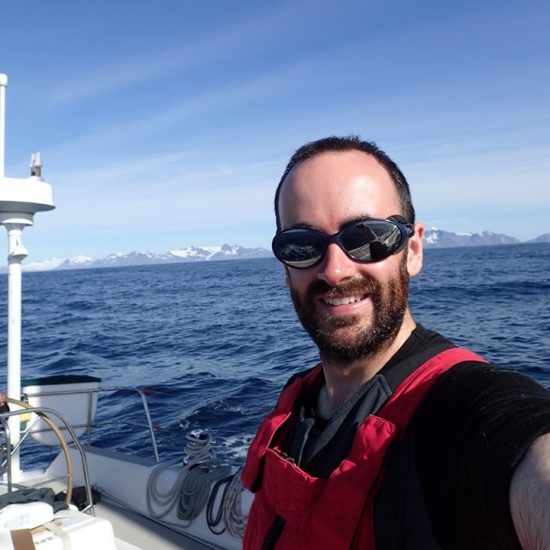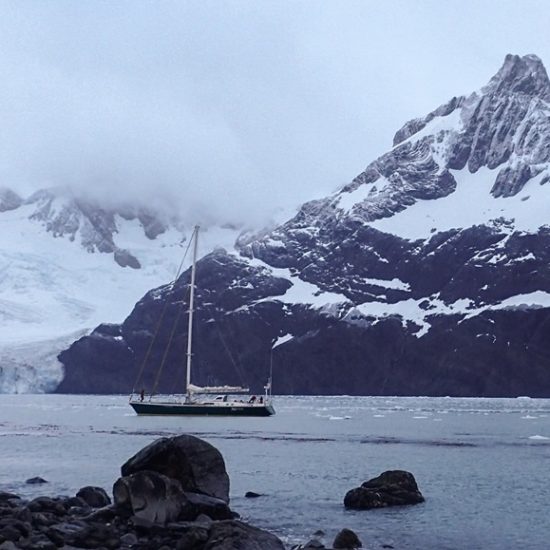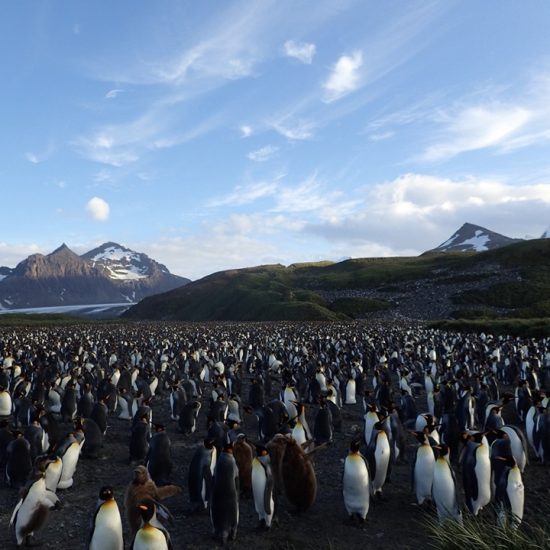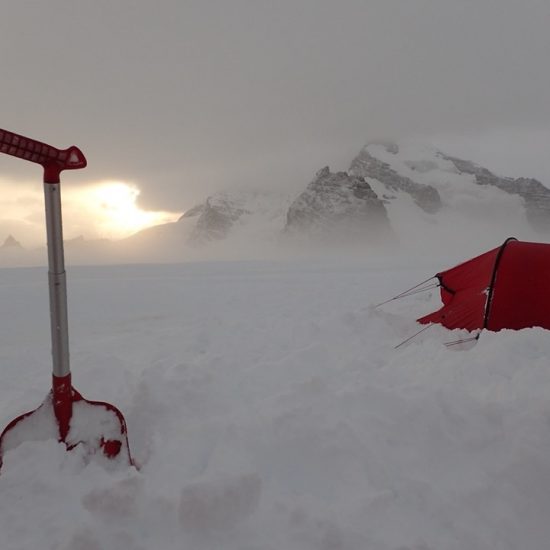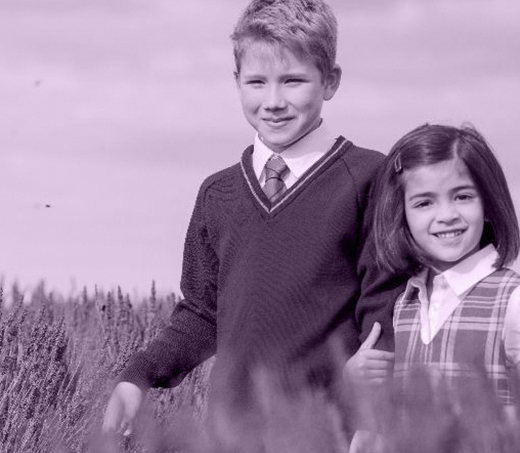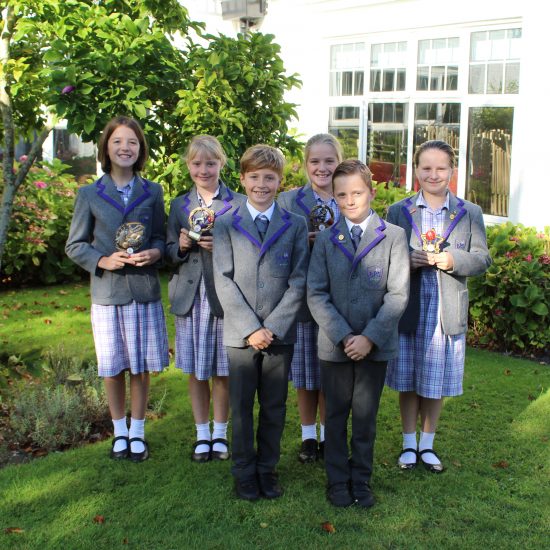Year 4 are learning about Ernest Shackleton’s epic expedition and this week they welcomed an incredible virtual visitor, Surgeon Lieutenant Commander DJC Angus. He is a real-life Antarctic explorer and his recent trip was conducted to celebrate 100 years of Ernest Shackleton’s expedition.
Mr Angus supported a team of 11 as a doctor in the Royal Navy Antarctic Endurance Expedition 2016. He shared many interesting facts and photos of the journey. Mr Angus travelled on an Xplore boat that is 67 feet long for the three-month expedition and spent a little over two months just on the yacht following Shackleton’s footsteps. The children were very excited to get to know all about Mr Angus’ experience and they asked many insightful questions.
“Really excited! I was sorry that some of the friends I’d made during the year of selection and training couldn’t come too, but we had to stick to a team of 11 or there’d be nowhere for someone to sleep! Everyone on the team had an individual, extra role to be responsible for, mine was the medical plan because I’m a doctor. It meant I had to acquire a whole medical kit and find out where the nearest help was, and how we’d get there. Realising that, for most of the time, we were far too far away for even a helicopter to come to help meant that if there was a big problem, we would have to “self-extract” and sail our way home: I might have to look after someone who was unwell for a fortnight! This felt like a big responsibility, and it was, although thankfully the worst injury we had was a badly sprained ankle.”
“There were about 250 people applied to start with, and after a year of selection and training the team of 11 (plus the Skipper) was picked based on their skills, strengths and role. The lady on the team (Emily) enjoys being in the mountains on holiday, so was experienced on the ice. The people of the Royal Navy are around 10% female (and increasing all the time), so one-in-eleven would be about average.”
“Oh yes! Even with our modern equipment, there were times when we’d be outside for 4-6 hours during our watch without working hard. When it was really really cold, we’d have some people inside warming up again, but most of the time we were outside looking for icebergs or steering or just being ready. Our equipment made it feel bearable, and certainly not dangerously cold. I know some of Shackleton’s team got so cold that parts of their toes froze and had to be cut off!”
“What a powerful question! As I was growing up, whenever I needed to do something I found scary or difficult, my Dad would tell me I was stretching my comfort zone, and I’ve found it so true: when we push ourselves to do something difficult or challenging, it makes everything else we do seem just a little bit easier. This trip was part of me pushing myself, and has helped make the hard bits of normal life seem more manageable.”

